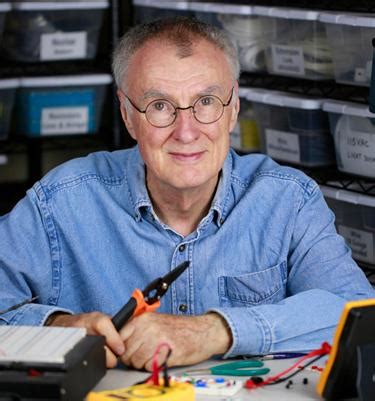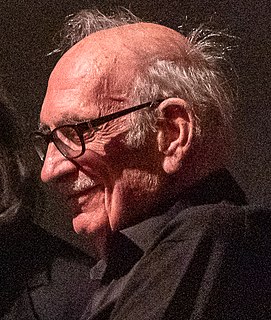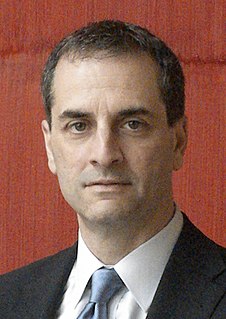A Quote by Marshall McLuhan
The electric age ... established a global network that has much the character of our central nervous system.
Related Quotes
With the arrival of electric technology, man extended, or set outside himself, a live model of the central nervous system itself. To the degree that this is so, it is a development that suggests a desperate and suicidal autoamputation, as if the central nervous system could no longer depend on the physical organs to be protective buffers against the slings and arrows of outrageous mechanism.
It is only the Sahasrara has to grow, not the Spirit. The more sensitive the Sahasrara is, the more it receives the spiritual qualities of the Spirit. Actually the peace is felt in the Sahasrara. The bliss is also felt in the Sahasrara because that is the brain and the brain is the epitome of our nervous system, central nervous system, of consciousness itself.
If globalization is to realise its potential as a force for good, we have to look more closely at the means by which we handle our growing interdependence. We do not have a world government, but we do have an increasingly complex network of institutions that are concerned with global governance. They are central to our future and international human rights law
Our information network is much better protected than our railroad network, and someone who cracks a system is able to cause far less human damage than someone who derails a train. Why, then, has 'computer crime' caused so much hysteria? Perhaps because the public is so willing - eager, even - to be scared by bogeymen.






























